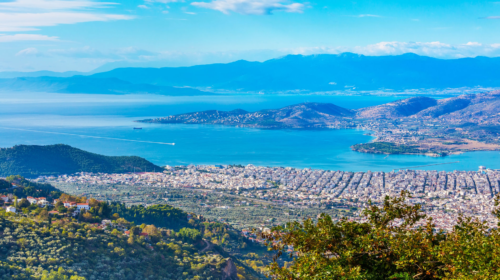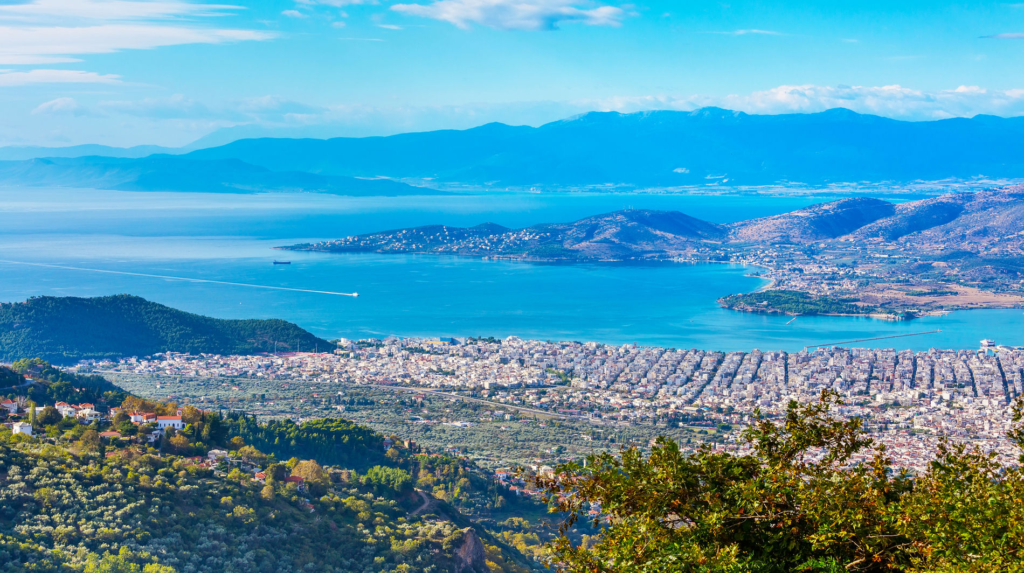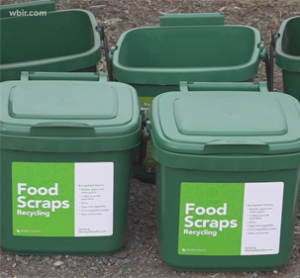
Local Citizens Work to Clean up and Save The Pagasetic Gulf

Nurturing the Seas: Lessons from Global Coastal Champions to Restore the Pagasetic Gulf
Volos, Greece – 1.12.23
The enchanting Pagasetic Gulf, cradled within Volos, Pelion, and Magnesia, serves as a poignant reminder of natural beauty and cultural richness. However, the encroachment of urbanization and industrialization underscores the pressing need for united efforts to rejuvenate its ecological balance. Drawing inspiration from success stories worldwide, we explore how other bay and coastal cities have thrived, emphasizing the importance of marine life sustainability and responsible fishing practices.
Global Success Stories: Inspiring Initiatives
- Vancouver, Canada: Vancouver’s commitment to clean water and sustainable development has transformed its waterfront. The city’s collaborative efforts have led to cleaner bays, thriving marine ecosystems, and a vibrant local fishing industry.
- Sydney, Australia: Sydney’s focus on preserving its iconic harbor showcases the benefits of balancing urban growth with environmental conservation. Effective policies have not only protected local marine life but also sustained the livelihoods of coastal communities reliant on fishing.
- Oslo, Norway: Oslo’s dedication to marine research and innovation has resulted in sustainable fisheries and a flourishing marine ecosystem. The city’s investment in eco-friendly technologies sets an example for responsible coastal development.
Local Marine Life: A Rich Tapestry of Biodiversity
The Pagasetic Gulf teems with diverse marine life, from seahorses to dolphins, forming a delicate ecological tapestry. Preserving this biodiversity is crucial for the Gulf’s resilience. Successful examples from around the world highlight the symbiotic relationship between vibrant marine ecosystems and the well-being of local communities.
Sustainable Fishing: Balancing Harvest and Preservation
The health of the Pagasetic Gulf’s fishing industry hinges on sustainable practices. Learning from cities like Reykjavik, Iceland, and their quota-based fisheries management, we recognize the importance of striking a balance between harvesting resources and preserving them for future generations.
Marine Biology: The Guardian of Ocean Health
Understanding marine biology is paramount for effective conservation. Coastal cities like San Diego, USA, have established marine research institutes that contribute to sustainable practices. Investing in local marine biology research is an investment in the Pagasetic Gulf’s future.
Pollution’s Impact: A Call to Action
Pollution poses a significant threat to marine biology. The experience of Marseille, France, serves as a stark reminder. Efforts to reduce plastic pollution and chemical runoff must be prioritized to safeguard the Pagasetic Gulf’s delicate ecosystem.
Global Support: European and International Organizations
- European Environmental Agency (EEA): The EEA champions sustainable development and environmental protection. Collaborating with them can provide valuable expertise and funding for the Pagasetic Gulf’s restoration.
- United Nations Environment Programme (UNEP): UNEP supports global initiatives for marine conservation. Partnering with them can amplify efforts to address pollution and promote sustainable practices.
Greek Initiatives: A Homegrown Commitment
- Hellenic Centre for Marine Research (HCMR): The HCMR’s expertise in marine science can contribute significantly to understanding and preserving the Pagasetic Gulf’s marine life.
- Green Fund Greece: This organization supports environmental projects. Aligning with Green Fund Greece can secure financial backing for local initiatives.
In harnessing the global wisdom of successful coastal cities and leveraging the support of esteemed organizations, Volos, Pelion, and Magnesia can lead the way in revitalizing the Pagasetic Gulf, ensuring its splendor for generations to come.



